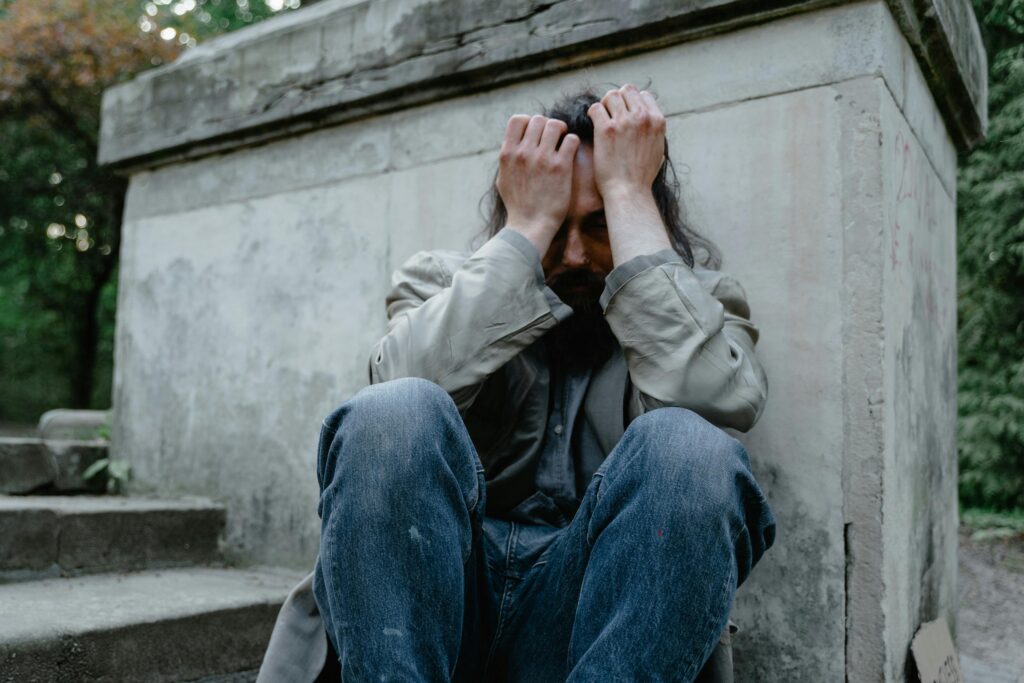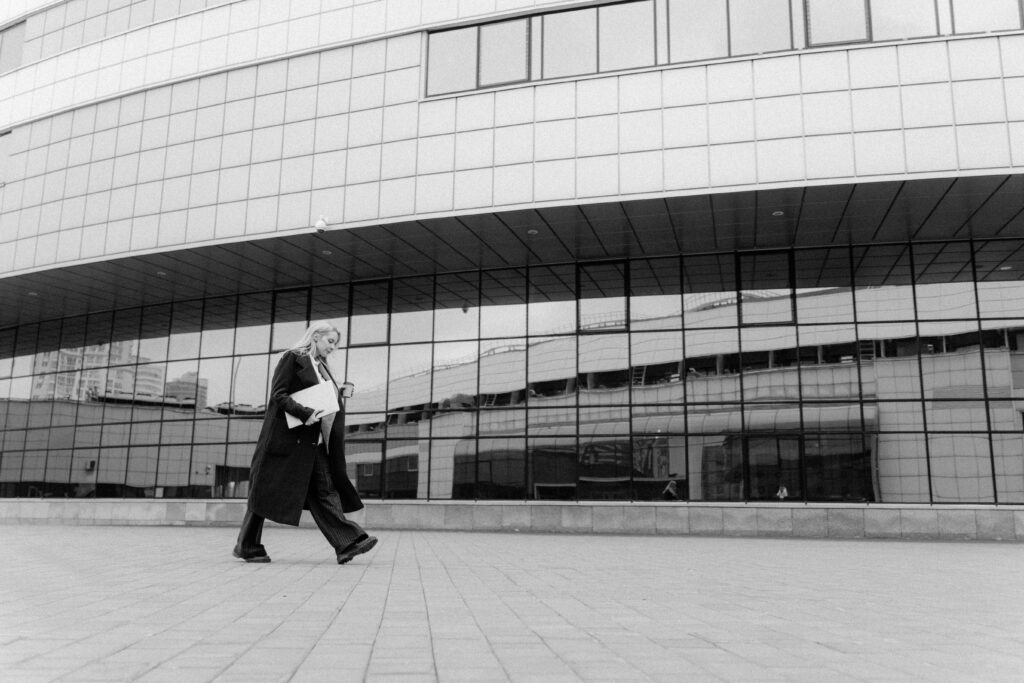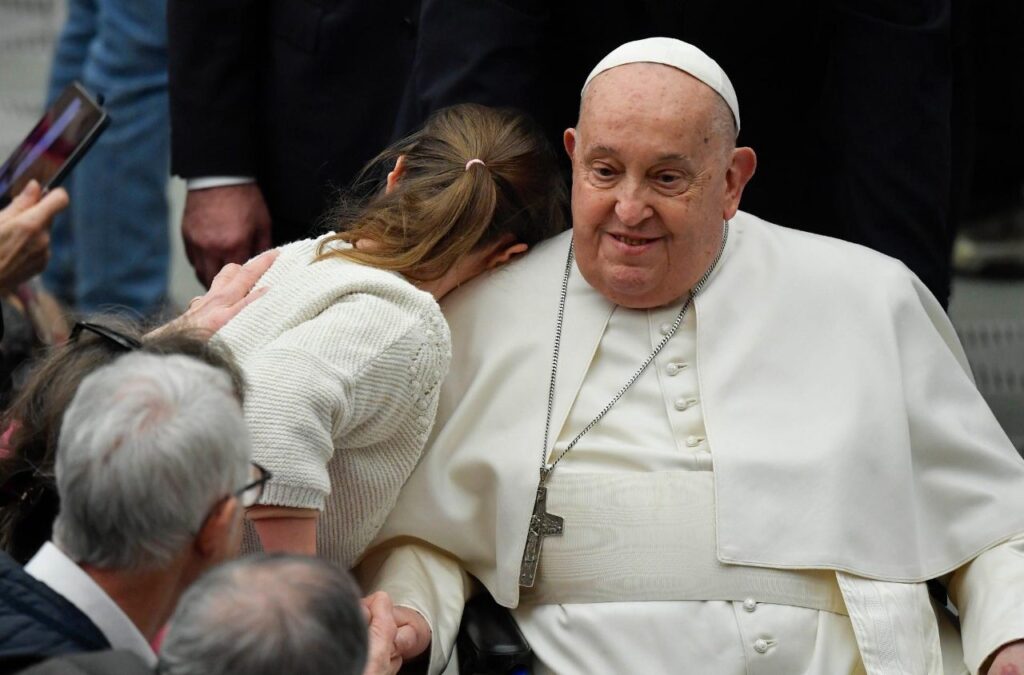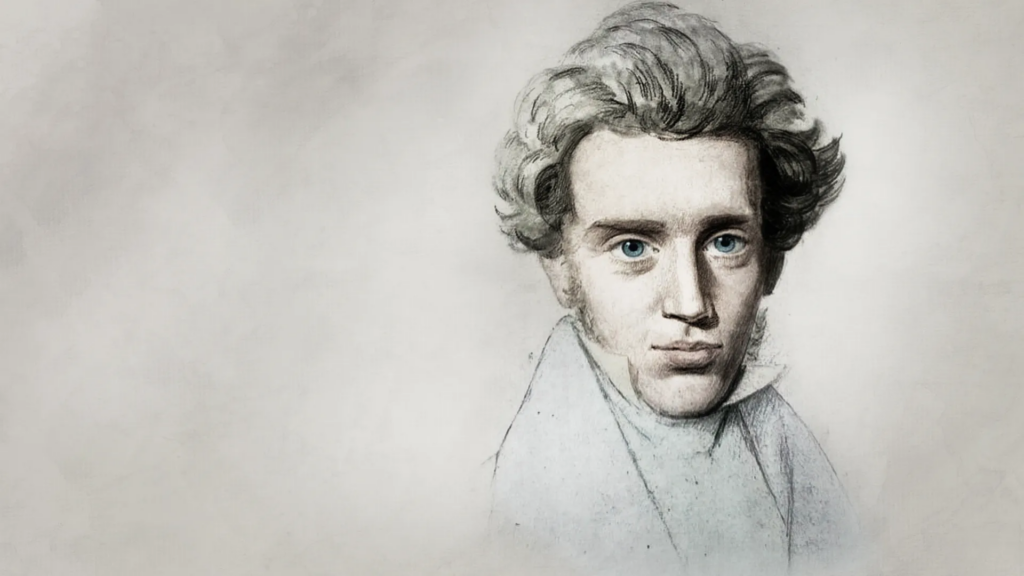Cardinal Arizmendi: The poor deserve respect
Cardinal Felipe Arizmendi, bishop emeritus of San Cristóbal de Las Casas and head of the Doctrine of Faith at the Mexican Episcopal Conference (CEM), offers readers of Exaudi his weekly article entitled “The poor deserve respect.” *** LOOK The still President of our country, from the beginning of his mandate, said that one of his […]

Cardinal Felipe Arizmendi, bishop emeritus of San Cristóbal de Las Casas and head of the Doctrine of Faith at the Mexican Episcopal Conference (CEM), offers readers of Exaudi his weekly article entitled “The poor deserve respect.”
***
LOOK
The still President of our country, from the beginning of his mandate, said that one of his commitments was: First the poor! To this end, he planned his flagship works in favor of the most needy and the south of the country, the most marginalized region. That is very good and very laudable. The support for the elderly, the creation of jobs and the provision of scholarships for young people to study are very fair. That is very much in keeping with the biblical path and with the social teaching of the Church. Hopefully this is not to be lost in the new six-year term! However, it hurts us that the poor and social programs are used for electoral purposes, and that their poverty is taken advantage of to buy them for a party. This is unworthy; this is shameless and repugnant demagogy.
I have known Non-Governmental Organizations (NGOs) that are dedicated to defending the rights of the poor and promoting indigenous people. This is very laudable. However, their staff earns enviable salaries, with all the social security benefits. Likewise, there are prestigious European and other regional institutions dedicated to helping marginalized groups in the world, and they collect large donations; for this, they have an impressive organization, with many highly paid staff. Their service is admirable, and we thank them from the bottom of our hearts, but they can fall into the temptation of living off the poor and using them as a shield to give themselves a good life. There are those who do it wholeheartedly, inspired by their Christian faith, but others do it only to have a good job.
In our own ecclesial community, there has been no shortage of pastoral workers who have a preference for the social issue. That is to be applauded. However, there are also those who do so in an almost obsessive and reductive way, condemning those who follow a more comprehensive pastoral line. And there has been no shortage of those who use this dedication to the poor to cover up serious moral deficiencies in their personal conduct. When they are called to attention for this conduct, they defend themselves by saying that they are being criticized for their work in favor of the poor, and it is not for this, but for their inappropriate behavior. Like the famous founder of a religious congregation who raised enormous amounts of money for his apostolate and for social programs, but his conduct was very reprehensible. We must not use the poor to cover up our deficiencies.
DISCERN
The Dicastery for the Doctrine of the Faith, in its Declaration Dignitas Infinita, addresses the drama of poverty in these terms:
“One of the phenomena that most contributes to denying the dignity of so many human beings is extreme poverty, linked to the unequal distribution of wealth. As already stressed by St. John Paul II, ‘one of the greatest injustices of the contemporary world consists precisely in this: that relatively few possess much, and many possess almost nothing. It is the injustice of the poor distribution of goods and services originally intended for all. ’ Furthermore, it would be illusory to make a superficial distinction between rich countries and poor countries. Benedict XVI already recognized, in fact, that ‘world wealth is growing in absolute terms, but inequalities are also increasing. In rich countries, new social categories are becoming impoverished and new forms of poverty are emerging. In the poorest areas, some groups enjoy a kind of wasteful and consumerist overdevelopment, which contrasts unacceptably with persistent situations of dehumanizing misery. The scandal of hurtful disparities continues, where the dignity of the poor is doubly denied, both by the lack of resources available to satisfy their basic needs, and by the indifference with which they are treated by those who live alongside them” (36).
Thus, with Pope Francis, we must conclude that “wealth has increased, but with inequality, and so what happens is that new forms of poverty are born. When they say that the modern world has reduced poverty, they do so by measuring it with criteria from other times that are not comparable with today’s reality.” As a result, poverty spreads “in many ways, such as in the obsession with reducing labor costs, which does not take into account the serious consequences that this causes, because the unemployment that is produced has the direct effect of expanding the boundaries of poverty.” Among these “destructive effects of the empire of money,” it must be recognized that “there is no worse poverty than that which deprives people of work and the dignity of work.” If some people are born in a country or in a family where they have fewer opportunities for development, it must be recognized that this is at odds with their dignity, which is exactly the same as that of those who are born into a rich family or country. We are all responsible, although to varying degrees, for this flagrant inequality (37).
ACT
Let us help the poor in whatever way we can, but let us do so with respect for their dignity and with loving gestures, supporting them in their immediate needs; but, if necessary, ensuring that they have some work, so that they are not eternally dependent on personal or social charity.
Related

Reversing Social Deterioration: A Task That Begins in Business Management
Alejandro Fontana
25 April, 2025
4 min

The Revolution of Tenderness
María Elizabeth de los Ríos
25 April, 2025
3 min

His Hope Does Not Die!
Mario J. Paredes
24 April, 2025
6 min

The Religious Writer with a Fighting Heart
Francisco Bobadilla
24 April, 2025
4 min
 (EN)
(EN)
 (ES)
(ES)
 (IT)
(IT)

